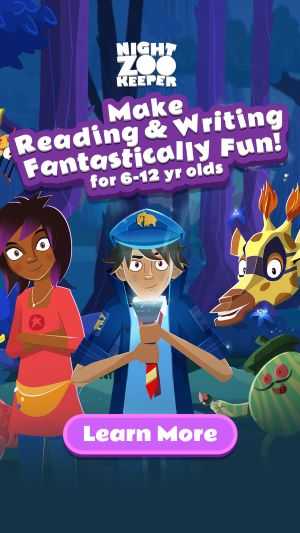Grade 2 Grammar
Discover Grade 2 grammar standards
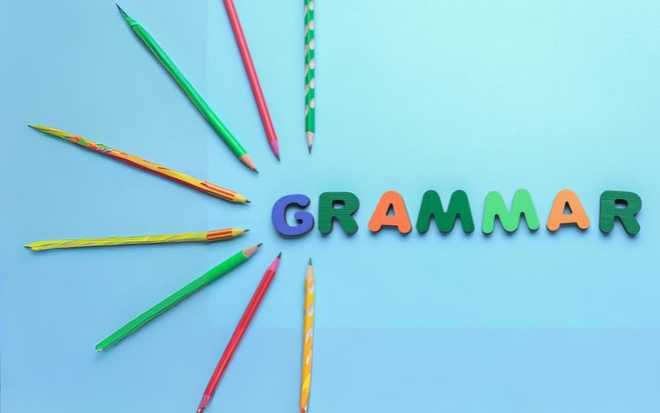
Home > Language Arts > Grammar > Grade 2
At Grade 2 level, your child's confidence in reading and writing should be growing. They'll have a basic understanding of key grammar concepts, and will be ready to take the next learning leap!
Here are some of the main skills needed to master grammar at second-grade level:
- Use common irregular nouns
- Use plural nouns and irregular plural nouns
- Use collective nouns
- Use reflexive pronouns
- Use adjectives and adverbs
- Use adjectives that compare (for example: greater, greatest)
- Use past tense of irregular verbs
- Use correct subject-verb agreement in sentences
- Use adverbs to describe verbs
Let’s take a look at some of these concepts in detail.
Collective Nouns
A collective noun is a word that names a group of people, animals, or things.

Example
The choir sang loudly.
- Choir is the collective noun for a group of singers.

Example
I saw a herd of elephants drinking.
- Herd is the collective noun for a group of elephants.
Practice Tip
On Night Zookeeper, your child can practice and build up on their knowledge and understanding of collective nouns. In the activity below, children have to match the collective noun with the group it describes.
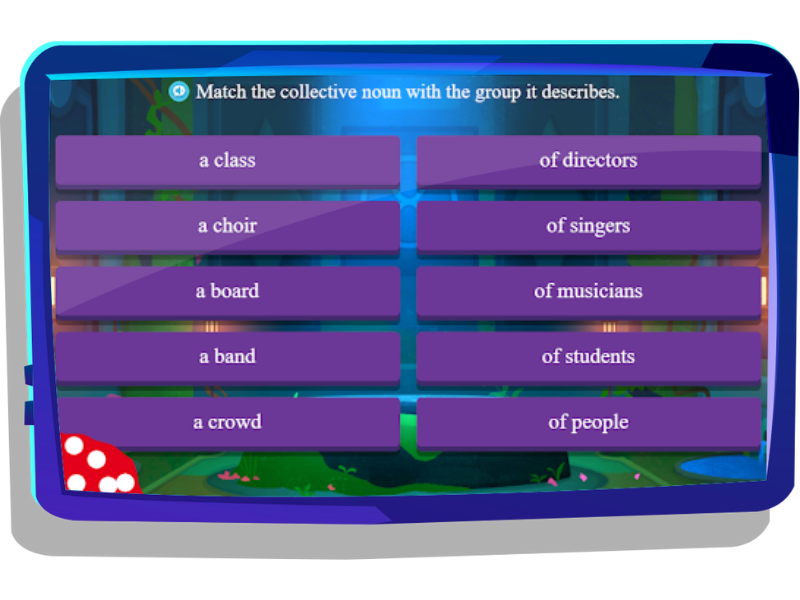
Plural Nouns
Most nouns can be singular or plural. A singular noun is just one, a plural noun is more than one.
Singular noun: apple
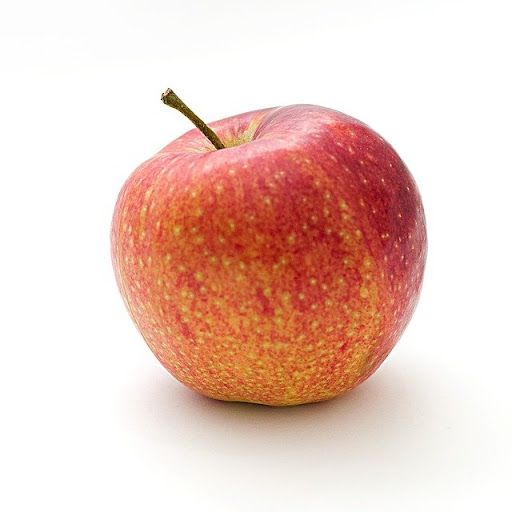
Plural noun: apples
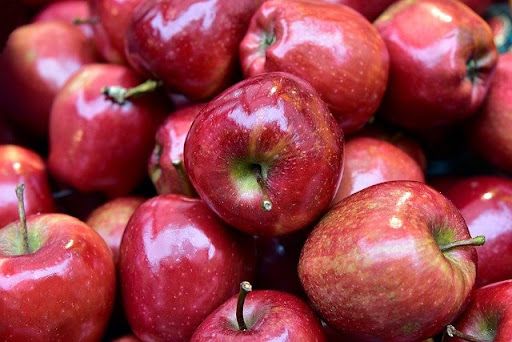
Singular noun: fox
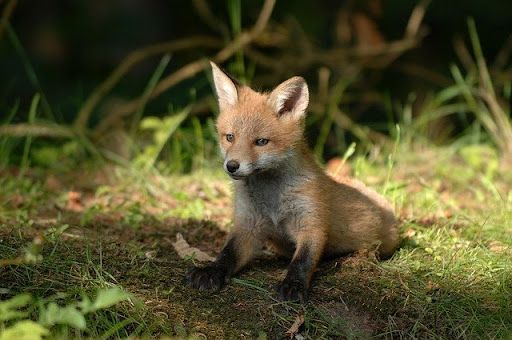
Plural noun: foxes
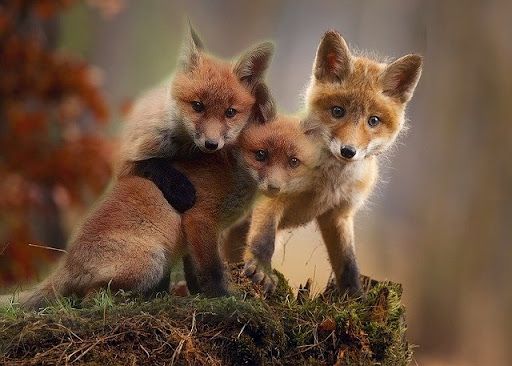
Usually, to make a singular noun plural, we add the letter "s" or the letters "es".
Nouns that can't be made plural by adding "s" or "es" are called irregular plural nouns. Irregular plural nouns need to be learned as they do not always follow a pattern.
Here are some common examples:
- foot ⇨ feet
- child ⇨ children
- tooth ⇨ teeth
- mouse ⇨ mice
Practice Tip
Ask your child to turn singular nouns into plural nouns throughout the day. You might be able to do this activity over breakfast or whilst taking a walk in the park.
Reflexive Pronouns
Pronouns are words that replace nouns to avoid repetition in a sentence. Some of the most commonly used pronouns are she, her, hers, he, him, and his.
Reflexive pronouns are used to refer back to the subject of a sentence.
Examples
1) Will smiled to himself.
- The reflexive pronoun refers back to the noun, Will.
2) Sam and the Grandmaster kept the bananas for themselves.
- The reflexive pronoun refers back to the nouns, Sam and Grandmaster.
3) I chose the gift myself.
- The reflexive pronoun refers back to the pronoun, I.
These are all reflexive pronouns:
myself, yourself, himself, herself, itself, ourselves, yourselves, themselves
Past Tense Irregular Verbs
Verbs tell us the action that is happening in a sentence. When we want to show that an action happened in the past, we add the letters -ed to regular verbs.
Examples
walk ⇨ walked
jump ⇨ jumped
cook ⇨ cooked
Irregular verbs don’t follow the pattern of adding -ed when we want to show an action happened in the past. Past tense irregular verbs have a different spelling.
Examples
go ⇨ went
make ⇨ made
smell ⇨ smelt
There are about 200 irregular verbs in the English language that children need to learn.
Click HERE to download a free printable list of the 200 irregular verbs.
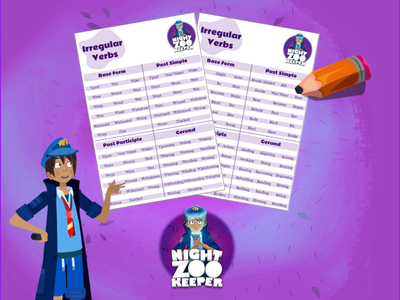
Adjectives and Adverbs
Adjectives and adverbs are both types of describing words, but they describe different things.
Adjectives describe nouns (naming words).
Examples
1) quiet dog - adjective noun
2) clean kitchen - adjective noun
Adverbs describe verbs (action words).
Examples
1) quickly run - adverb verb
2) softly pat - adverb verb
How Night Zookeeper can help

Night Zookeeper is a comprehensive language arts program for kids that focuses on helping children develop their skills in a fantastically fun way!
Our program offers countless ways for your second grader to develop key grammar skills, including interactive lessons on nouns, verbs, adjectives, and adverbs, exciting games for bitesize learning, and grammar challenges. We also have lots of resources you can download for free.
Sign up today to get a FREE 7-day trial!
Related articles


Make Reading & Writing Fantastically Fun!
- Award-winning reading & writing program for kids
- Improves spelling, grammar, punctuation & vocabulary
- Over 1,000 different learning games and activities



